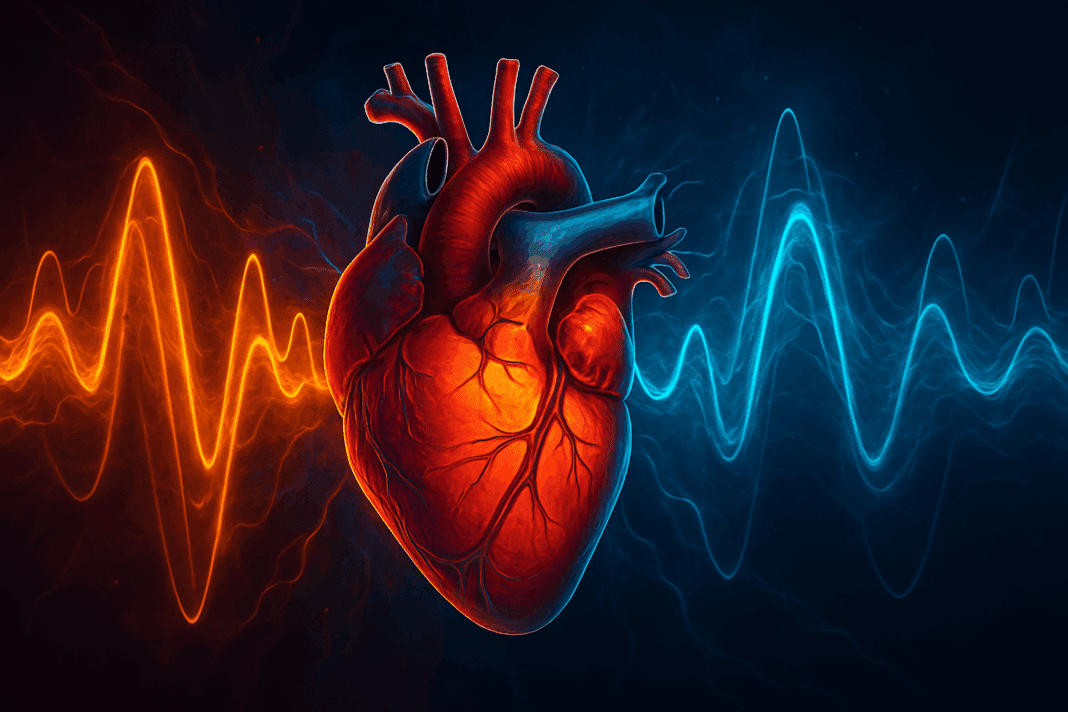Blood pressure is one of the most dynamic vital signs in the human body, reflecting a complex interplay between the cardiovascular, nervous, endocrine, and renal systems. While long-term hypertension has well-established links to heart disease and stroke, temporary elevations in blood pressure are also of clinical relevance. These short-term increases, though often overlooked, can provide critical insight into underlying physiological processes, environmental triggers, and emotional states. For individuals and healthcare providers alike, understanding what can increase blood pressure temporarily is an essential part of managing cardiovascular health.
Temporary elevations in blood pressure can arise from a wide range of factors, some benign and fleeting, others signaling the need for closer observation. Whether due to acute stress, physical exertion, medications, dietary choices, or environmental stimuli, these transitory spikes may still pose a risk—especially for individuals already predisposed to cardiovascular conditions. In recent years, medical literature has increasingly explored the clinical significance of transient blood pressure changes and how they may serve as early indicators of vascular stress or impending chronic hypertension.
In this article, we delve into the mechanisms and causes of temporary blood pressure increases, distinguish between normal physiological responses and potential warning signs, and examine the impact of often-overlooked contributors. We will also address questions such as, “Can you have temporary high blood pressure without being hypertensive?” and explore unusual causes for high blood pressure that defy conventional wisdom. Through this evidence-based discussion, readers will gain a nuanced understanding of temporary hypertension within the broader context of cardiovascular disorders.
You may also like: Sudden Spikes in Blood Pressure: What Can Cause a Sudden Increase and When to Seek Medical Attention
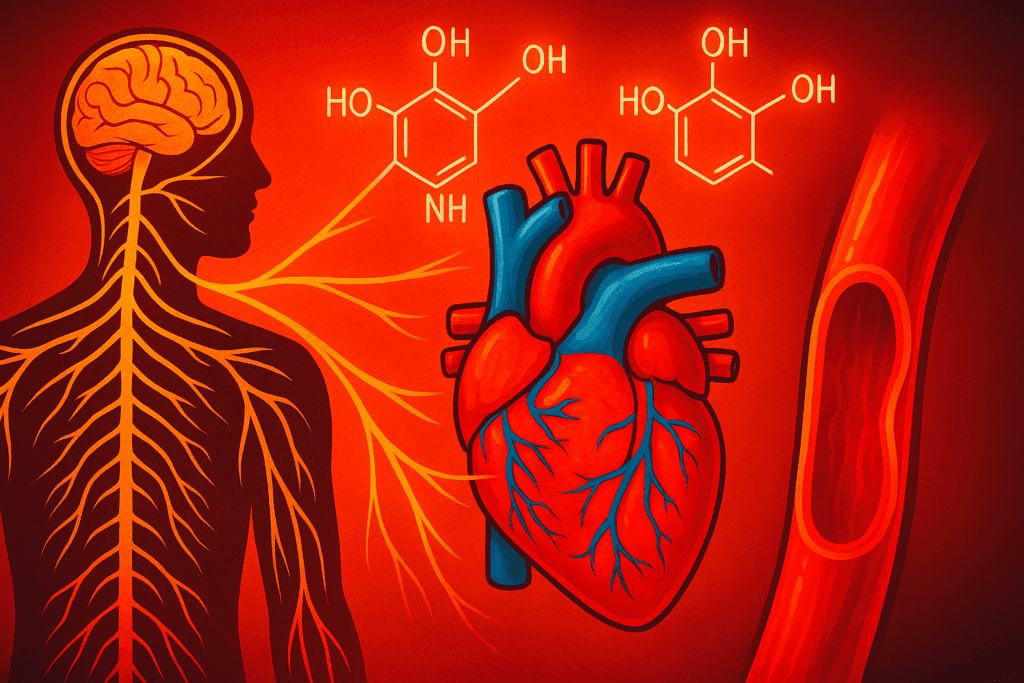
Understanding the Physiology Behind Temporary Blood Pressure Spikes
To understand what can increase blood pressure temporarily, it is crucial to first grasp how blood pressure is regulated in the body. Blood pressure is the force exerted by circulating blood against the walls of arteries. It is governed primarily by cardiac output and systemic vascular resistance, both of which can fluctuate due to a variety of internal and external factors. The autonomic nervous system plays a central role in this regulation, with the sympathetic branch responsible for initiating the ‘fight or flight’ response.
In response to stress, excitement, or physical activity, the body releases catecholamines such as adrenaline and noradrenaline, which increase heart rate, constrict blood vessels, and elevate blood pressure. This is an adaptive mechanism that prepares the body to respond to perceived threats or demands. However, even in the absence of danger, psychological stress or environmental stimuli can mimic this physiological response.
Temporary high blood pressure is not inherently dangerous in healthy individuals, but in those with pre-existing cardiovascular risk, these spikes can place undue strain on blood vessels and the heart. Moreover, recurrent temporary elevations may contribute to endothelial dysfunction, a precursor to chronic hypertension. This distinction underscores why even fleeting increases warrant attention.
It is also worth noting that measurement conditions significantly influence readings. White-coat hypertension, for example, is a well-documented phenomenon in which patients exhibit elevated readings in clinical settings due to anxiety, only for their blood pressure to return to normal outside the medical environment. While temporary, this response is still associated with an increased risk of cardiovascular events over time.
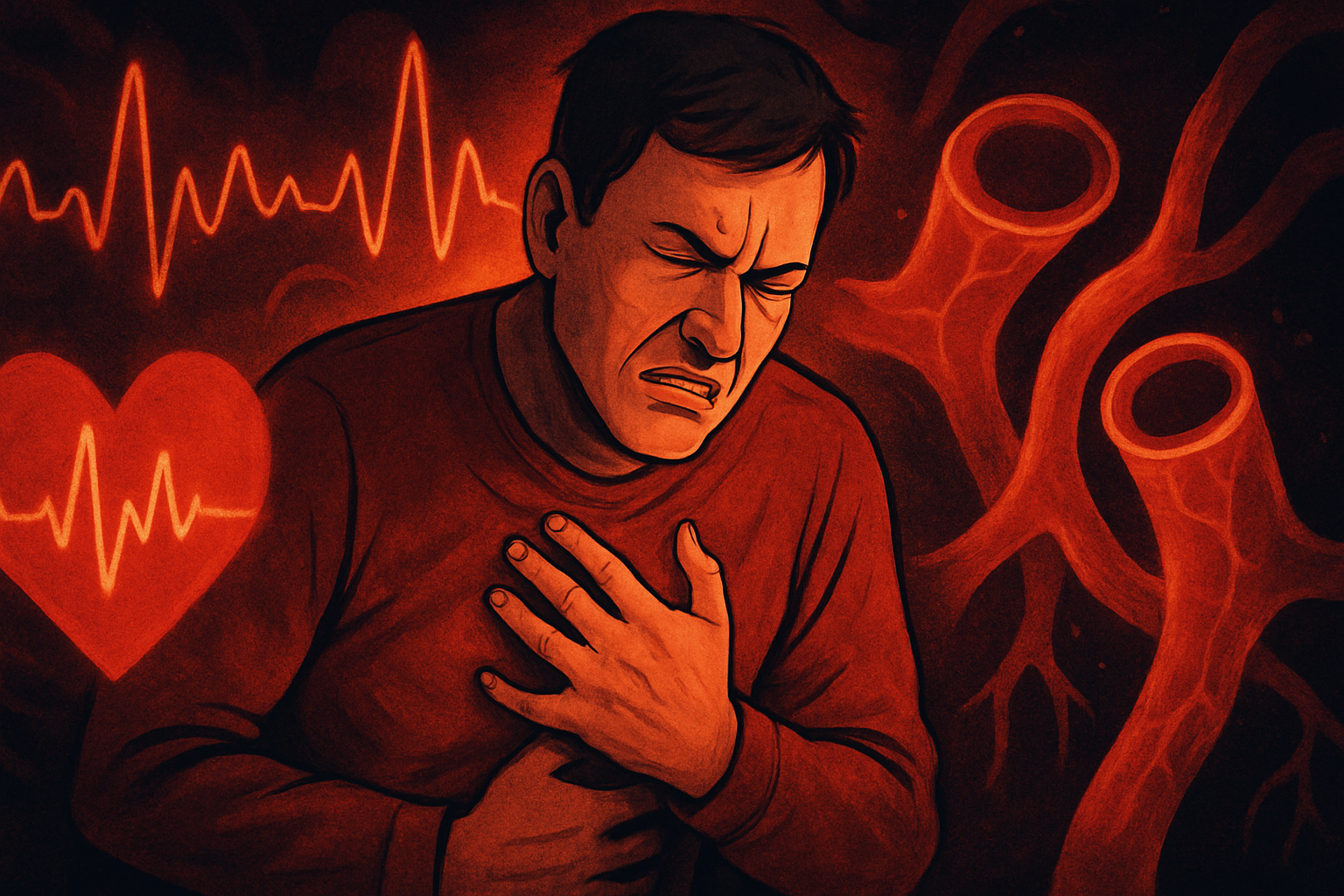
Acute Emotional Stress and Anxiety as Primary Triggers
One of the most potent triggers of temporary high blood pressure is acute emotional stress. When a person encounters a psychologically stressful situation—such as public speaking, receiving unexpected news, or navigating interpersonal conflict—the body mounts an immediate autonomic response. The sympathetic nervous system floods the bloodstream with stress hormones, increasing both heart rate and vascular resistance.
This temporary surge is often observed in people experiencing panic attacks or acute anxiety episodes. In these moments, blood pressure can rise dramatically, only to return to baseline once the emotional distress subsides. Yet the cumulative effect of repeated stress-induced spikes can have lasting consequences. Studies have shown that chronic stress may lead to sustained hypertension due to persistent sympathetic activation and hormonal imbalances.
An increasingly recognized phenomenon is the startling statement of high blood pressure, where patients are informed of unexpectedly elevated readings, prompting a stress response that further elevates blood pressure. This feedback loop highlights the importance of contextual interpretation in clinical settings and reinforces the need for multiple measurements across time.
In addressing stress-related spikes, interventions such as deep breathing, mindfulness, cognitive behavioral therapy, and pharmacologic anxiolytics have shown promise. Recognizing the interplay between psychological well-being and cardiovascular health is fundamental to managing transient blood pressure elevations.

Dietary and Lifestyle Factors That Prompt Short-Term Increases
Dietary intake can exert immediate effects on blood pressure, particularly when it involves sodium, caffeine, or alcohol. High-sodium meals can lead to acute fluid retention, increasing blood volume and, consequently, blood pressure. This effect may be more pronounced in salt-sensitive individuals, a subset of the population that exhibits greater cardiovascular reactivity to sodium.
Caffeine, a widely consumed stimulant found in coffee, tea, and many soft drinks, has also been shown to cause short-term increases in blood pressure. This response is generally modest in habitual users but may be more significant in caffeine-naive individuals. The mechanism involves both central nervous system stimulation and peripheral vasoconstriction.
Alcohol presents a more complex picture. While small amounts of alcohol may cause a brief drop in blood pressure due to vasodilation, higher doses or chronic consumption can lead to significant and sustained increases. In the immediate aftermath of drinking, sympathetic activation may dominate, especially if alcohol intake is accompanied by stress or other stimulants.
Additionally, dehydration can lead to a temporary increase in blood pressure as the body compensates by constricting blood vessels to maintain adequate perfusion. This highlights the need for proper hydration as part of a broader strategy for cardiovascular stability.
Physical activity represents another potent but temporary modifier. During exercise, systolic blood pressure rises significantly to accommodate increased cardiac output. While this is a healthy and expected response, individuals with underlying cardiovascular disease may be at greater risk for adverse events during intense activity.
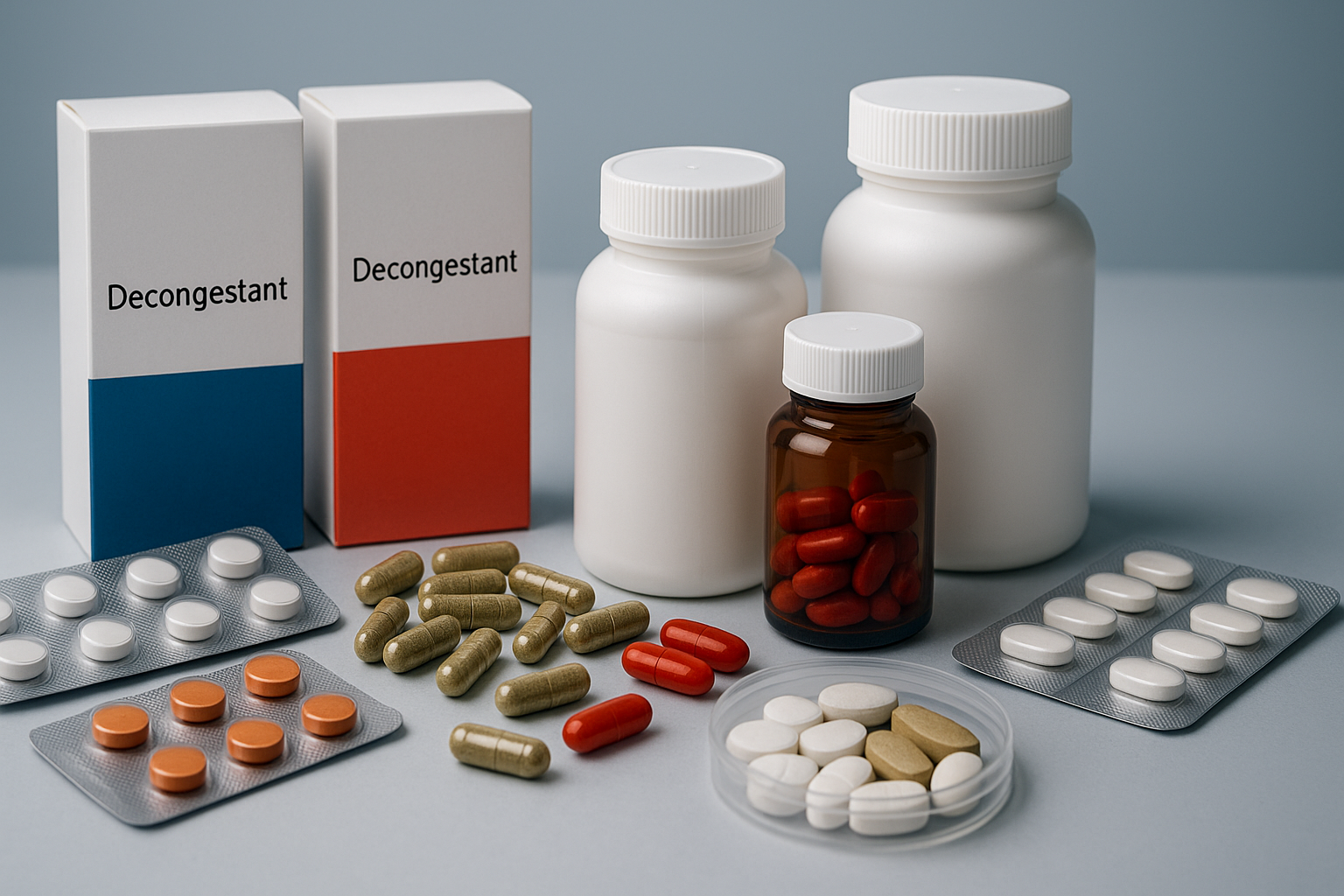
Medications, Supplements, and Over-the-Counter Triggers
Numerous medications and over-the-counter substances can cause short-term elevations in blood pressure, sometimes unexpectedly. Decongestants containing pseudoephedrine or phenylephrine are common culprits. These agents cause vasoconstriction to reduce nasal swelling but may also increase systemic blood pressure.
Nonsteroidal anti-inflammatory drugs (NSAIDs) such as ibuprofen and naproxen can also elevate blood pressure by impairing kidney function and promoting sodium retention. While these effects are typically mild in healthy individuals, those with existing hypertension or cardiovascular disease should use caution.
Certain herbal supplements marketed for energy, weight loss, or sexual enhancement may contain stimulants like synephrine, yohimbine, or high doses of caffeine. These substances can provoke significant and unpredictable increases in blood pressure, particularly when combined with prescription medications or consumed in large quantities.
Corticosteroids, frequently prescribed for inflammatory conditions, can also raise blood pressure by enhancing sodium retention and fluid volume. While necessary for many conditions, these medications should be used judiciously and monitored closely in patients with cardiovascular risk.
Importantly, even seemingly innocuous substances like licorice root can interfere with blood pressure regulation. Glycyrrhizin, a compound found in real licorice, can mimic aldosterone and cause sodium retention and potassium loss, resulting in elevated blood pressure.

Environmental and Situational Contributors to Blood Pressure Variability
Beyond internal physiology and lifestyle choices, a number of external and environmental factors can contribute to temporary elevations in blood pressure. Extreme temperatures, particularly cold weather, can cause vasoconstriction, leading to higher blood pressure readings. Conversely, excessive heat may induce dehydration, triggering compensatory mechanisms that increase vascular resistance.
Noise pollution, particularly from traffic or industrial sources, has also been implicated in transient blood pressure increases. The mechanism likely involves chronic activation of the stress response, leading to sustained sympathetic nervous system engagement. Individuals living in high-noise environments may therefore experience more frequent or pronounced spikes.
Altitude is another important consideration. At high elevations, lower oxygen levels stimulate increased cardiac output and blood pressure as the body compensates for hypoxia. While most healthy individuals adapt over time, those with cardiovascular or respiratory conditions may experience significant symptoms and require acclimatization strategies or medical intervention.
Sleep quality and circadian rhythms also influence blood pressure. Interrupted or poor-quality sleep can disrupt the natural dipping pattern of nocturnal blood pressure, leading to elevated morning readings. Conditions such as sleep apnea are particularly associated with nocturnal surges and carry increased cardiovascular risk.
Situational factors, such as experiencing pain, intense emotions, or even urination (a phenomenon known as micturition syncope), can prompt abrupt changes in blood pressure. These instances illustrate how multifaceted and reactive the cardiovascular system truly is, with numerous variables influencing short-term dynamics.
Can You Have Temporary High Blood Pressure Without Being Hypertensive?
A frequent point of confusion for both patients and clinicians is whether one can experience temporary high blood pressure without qualifying as hypertensive. The answer is unequivocally yes. Blood pressure fluctuates continuously in response to internal and external cues, and isolated spikes do not necessarily indicate chronic hypertension.
Medical guidelines define hypertension based on consistent readings taken on separate occasions, typically at least twice over several weeks. A single high reading—especially if taken during stress, illness, or physical activity—may not reflect the individual’s baseline status. That said, consistent patterns of transient elevation may warrant closer monitoring, especially in individuals with other risk factors.
This distinction is crucial when interpreting home monitoring results or office readings. Many people receive a startling statement of high blood pressure during routine exams, prompting unnecessary anxiety. While these readings should not be dismissed, they must be contextualized within the larger clinical picture. Ambulatory blood pressure monitoring or home measurements taken at rest can provide a more accurate assessment.
Importantly, temporary high blood pressure does not equate to benign blood pressure. Even transient elevations can cause damage to the vascular endothelium, contribute to left ventricular hypertrophy, or predispose to arrhythmias. The goal, therefore, is not only to identify chronic hypertension but to mitigate all sources of cardiovascular stress.
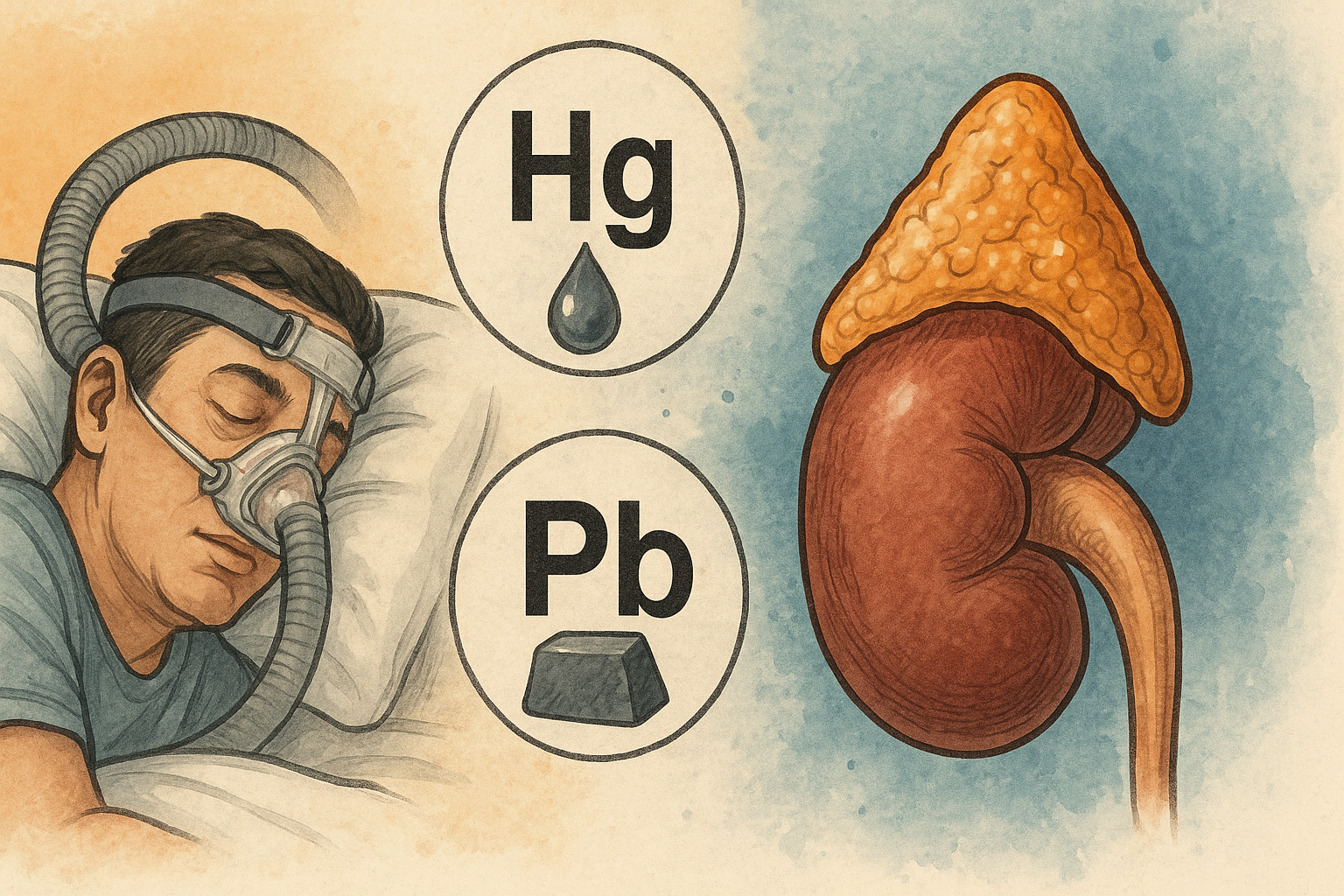
Unusual Causes for High Blood Pressure That Are Often Overlooked
Despite the vast array of known contributors, there remain some unusual causes for high blood pressure that are frequently overlooked. One such example is obstructive sleep apnea, a condition characterized by repeated airway collapse during sleep. This leads to intermittent hypoxia and repeated surges in sympathetic activity, often resulting in morning blood pressure spikes.
Another less recognized cause is chronic lead exposure. Though more prevalent in industrial or underregulated environments, even low levels of lead in water or soil can contribute to endothelial dysfunction and hypertension. Similarly, mercury and cadmium—found in some seafood and occupational settings—can adversely affect vascular health.
Hormonal disorders such as pheochromocytoma, a rare tumor of the adrenal glands, can cause dramatic fluctuations in blood pressure. While uncommon, the episodic nature of this condition often leads to delayed diagnosis. Patients may present with headaches, palpitations, and sweating—classic signs of sympathetic overdrive.
Thyroid dysfunction, both hyperthyroidism and hypothyroidism, can also impact vascular tone and cardiac output, thereby influencing blood pressure. Likewise, certain autoimmune diseases, such as systemic lupus erythematosus, may cause vasculitis or renal involvement that secondarily elevate blood pressure.
Finally, a growing body of research is exploring the role of gut microbiota in cardiovascular regulation. Dysbiosis, or imbalance of gut bacteria, has been linked to inflammation and metabolic changes that may contribute to hypertension. While more studies are needed, this emerging field may reveal new targets for managing transient and chronic blood pressure elevations.
Frequently Asked Questions About Temporary High Blood Pressure
1. Can intense emotions like joy or excitement increase blood pressure temporarily?
Yes, intense emotions—including positive ones like joy, surprise, or excitement—can lead to short-term elevations in blood pressure. These emotional responses activate the sympathetic nervous system, leading to an increased heart rate and constriction of blood vessels. This explains why a sudden burst of laughter or an exhilarating experience may result in a noticeable spike in blood pressure, even in otherwise healthy individuals. Understanding what can increase blood pressure temporarily involves recognizing that both negative and positive emotional extremes have physiological consequences. For people already managing hypertension, being aware of these emotional triggers may help prevent unexpected fluctuations.
2. Is there a psychological impact of receiving a startling statement of high blood pressure from a doctor?
Absolutely. When individuals receive a startling statement of high blood pressure from a healthcare provider, it can evoke an acute stress response that further elevates blood pressure. This loop can become self-reinforcing, particularly if the person begins to associate medical visits with anxiety. Over time, this conditioned response may lead to persistent white coat hypertension or even chronic anxiety about one’s health. Psychological support, education, and routine at-home monitoring may help break this cycle. Recognizing the emotional weight of a startling statement of high blood pressure is essential for improving patient outcomes.
3. How can you have temporary high blood pressure due to travel or lifestyle changes?
Travel introduces multiple variables that can cause blood pressure to rise temporarily, including jet lag, altered sleep schedules, dietary changes, and increased stress. A change in time zone can disrupt circadian rhythms, leading to dysregulation of blood pressure patterns. High-sodium convenience foods and long periods of immobility during flights or car rides further contribute to short-term increases. When people ask, “can you have temporary high blood pressure during travel?”, the answer is yes—and it’s not uncommon. Being mindful of hydration, nutrition, and physical activity while on the move can help minimize these effects.
4. Are there unusual causes for high blood pressure in high-performance athletes?
Yes, high-performance athletes may experience elevated blood pressure from sources that are not immediately obvious. The use of performance-enhancing supplements, intense physical exertion, and even the psychological pressure of competition can all act as unusual causes for high blood pressure. Furthermore, overtraining syndrome, which leads to chronic fatigue and hormonal imbalances, may also play a role. While athletes are typically viewed as paragons of health, their cardiovascular systems are subject to unique stresses. These examples highlight what can increase blood pressure temporarily, even in populations considered to be at low risk.
5. Can you have temporary high blood pressure during pain episodes or migraines?
Pain is a significant physiological stressor and can cause short-term elevations in blood pressure. Migraine sufferers often report a concurrent spike in blood pressure during the onset of intense pain or aura. This response is primarily due to the body’s release of stress hormones and inflammatory mediators that influence vascular tone. When individuals wonder, “can you have temporary high blood pressure during painful episodes?” the answer is a clear yes. Addressing the underlying source of pain often restores blood pressure to its baseline state.
6. How do stimulants used for ADHD or narcolepsy affect short-term blood pressure?
Medications like amphetamines and methylphenidate, commonly used to treat ADHD and narcolepsy, are known to raise blood pressure temporarily. These stimulants increase dopamine and norepinephrine levels in the brain, which can lead to heightened cardiac output and peripheral vasoconstriction. While effective for managing cognitive symptoms, they represent a medical example of what can increase blood pressure temporarily. It’s essential for individuals using these medications to monitor their cardiovascular health regularly. Adjusting dosage or timing in consultation with a healthcare provider can mitigate unwanted blood pressure changes.
7. What role does sleep deprivation play in temporary blood pressure spikes?
Even a single night of inadequate sleep can significantly elevate blood pressure the following day. Sleep deprivation alters the body’s hormonal balance, increasing levels of cortisol and sympathetic activity while reducing parasympathetic tone. This shift leads to an overactive stress response and diminished vascular relaxation, both of which contribute to transient hypertension. People who chronically sleep less than six hours per night are especially vulnerable. As such, poor sleep hygiene should be recognized as a key factor in what can increase blood pressure temporarily.
8. Can repeated exposure to stressful news or media contribute to blood pressure variability?
Yes, psychological stress induced by continuous exposure to distressing news or social media can contribute to temporary increases in blood pressure. Emotional arousal, particularly when triggered frequently throughout the day, leads to ongoing sympathetic activation. This phenomenon is particularly concerning in individuals already sensitive to stress or living with anxiety disorders. Understanding these media-related influences offers a contemporary example of what can increase blood pressure temporarily. Setting boundaries with media consumption can be an effective strategy for protecting cardiovascular health.
9. Are there any cultural practices or habits that can act as unusual causes for high blood pressure?
Certain cultural traditions, such as the regular consumption of high-sodium pickled foods or herbal teas with stimulant properties, may serve as unusual causes for high blood pressure. Practices like sauna bathing or hot yoga can also elevate blood pressure temporarily, particularly if hydration is inadequate. Additionally, fasting rituals that disrupt sleep or dietary patterns may influence short-term cardiovascular function. These culturally linked behaviors expand our understanding of what can increase blood pressure temporarily in diverse populations. Healthcare providers should consider cultural context when evaluating transient hypertension.
10. How should clinicians address concerns when patients ask, “Can you have temporary high blood pressure?”
Clinicians should validate the question and provide evidence-based reassurance. Yes, you can have temporary high blood pressure due to many modifiable and non-modifiable factors. Rather than labeling patients prematurely, it’s important to assess patterns, context, and contributing variables over time. Offering ambulatory blood pressure monitoring or encouraging home tracking can offer a more nuanced understanding. By framing the condition as part of a broader cardiovascular narrative, clinicians can address the question, “can you have temporary high blood pressure?” in a way that empowers patients without minimizing their concerns.
Conclusion: Recognizing and Managing Temporary High Blood Pressure with Insight and Precision
Understanding what can increase blood pressure temporarily is a vital step in the broader pursuit of cardiovascular health. These short-term fluctuations are not mere anomalies; they reflect the body’s intricate response to internal demands and external pressures. While often harmless in isolation, repeated or extreme spikes can signal emerging health challenges or exacerbate existing conditions.
It is clear that a wide range of triggers—from acute stress and dietary choices to environmental exposure and underlying disease—can prompt temporary blood pressure increases. Recognizing a startling statement of high blood pressure during a routine checkup should not incite fear but rather encourage further investigation and appropriate follow-up. Likewise, identifying unusual causes for high blood pressure empowers individuals and clinicians to look beyond the obvious and consider a holistic view of health.
Importantly, asking whether one can have temporary high blood pressure without being hypertensive reframes the conversation. It invites a more nuanced understanding of cardiovascular dynamics, one that appreciates variability while maintaining vigilance.
Ultimately, managing temporary blood pressure elevations involves more than just tracking numbers. It requires a comprehensive strategy that addresses lifestyle, mental health, environmental exposures, and potential medical conditions. By approaching blood pressure fluctuations with curiosity, clinical insight, and proactive care, we can transform fleeting signals into meaningful opportunities for prevention and well-being.
transient hypertension, blood pressure fluctuations, stress-induced hypertension, episodic high blood pressure, cardiovascular reactivity, short-term hypertension triggers, temporary hypertension causes, emotional stress and heart health, acute blood pressure response, blood pressure and anxiety, nervous system and blood pressure, lifestyle factors and hypertension, white coat effect, adrenal response and blood pressure, sympathetic nervous system activation, environmental effects on blood pressure, dietary impacts on blood pressure, exercise and systolic pressure, medication side effects on blood pressure, circadian rhythm and blood pressure
Further Reading:
What Causes Fluctuating Blood Pressure and When Should You Be Concerned?


